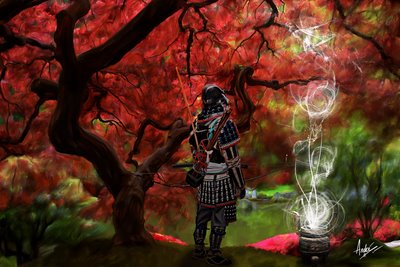What Are the Signs and Symptoms?
Bipolar disorder begins with either manic or depressive symptoms. Not all children with bipolar disorder have all symptoms. Children with bipolar disorder are likely to have a family history of the illness. If a child you know is struggling with any combination of the symptoms listed below for more than two weeks, talk with a doctor or mental health professional.
Manic Symptoms
- Severe changes in mood—from unusually happy or silly to irritable, angry or aggressive.
- Unrealistic highs in self-esteem. May feel indestructible.
- Great increase in energy level. Sleeps little without being tired.
- Excessive involvement in multiple projects and activities. May move from one thing to the next and become easily distracted.
- Increase in talking. Talks too much, too fast, changes topics too quickly, and cannot be interrupted. This may be accompanied by racing thoughts or feeling pressure to keep talking.
- Risk-taking behavior such as abusing drugs and alcohol, attempting daredevil stunts, or being sexually active or having unprotected sex.
Depressive Symptoms
- Frequent sadness or crying
- Withdrawal from friends and activities
- Decreased energy level, lack of enthusiasm or motivation
- Feelings of worthlessness or excessive guilt
- Extreme sensitivity to rejection or failure
- Major changes in habits such as over-sleeping or over-eating
- Frequent physical complaints such as headaches and stomachaches
- Recurring thoughts of death, suicide, or self-destructive behavior
We must target this problems first without the use of any medications, such as cognitive behavior therapy as a modality and if this fails, then resort to medications. However, our children are being over medicated without finding out first what is the real cause of this child's aggression or behavior.



